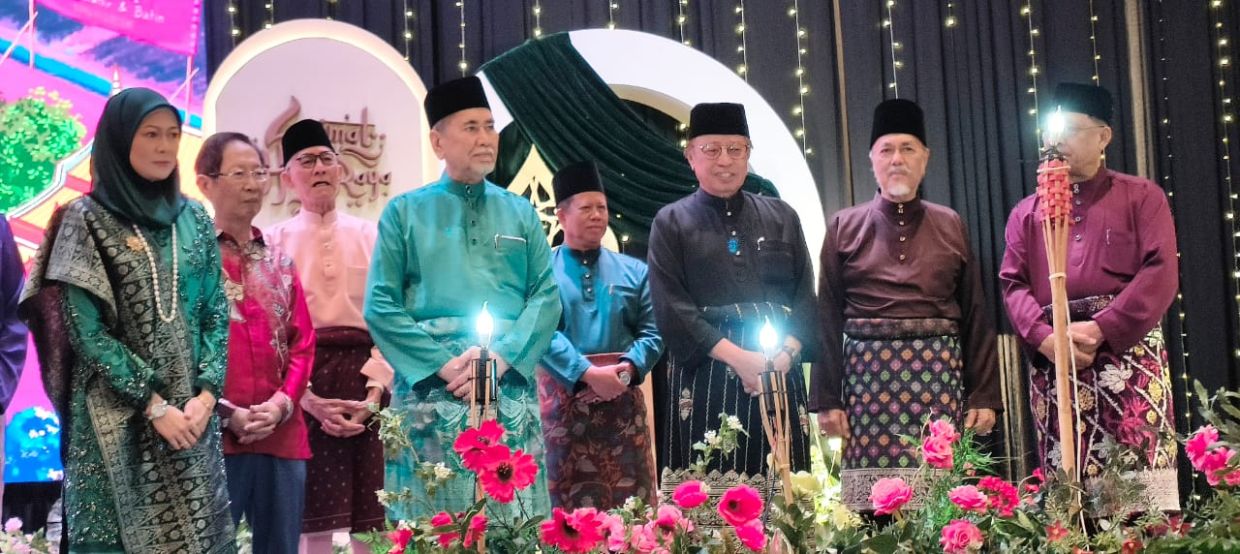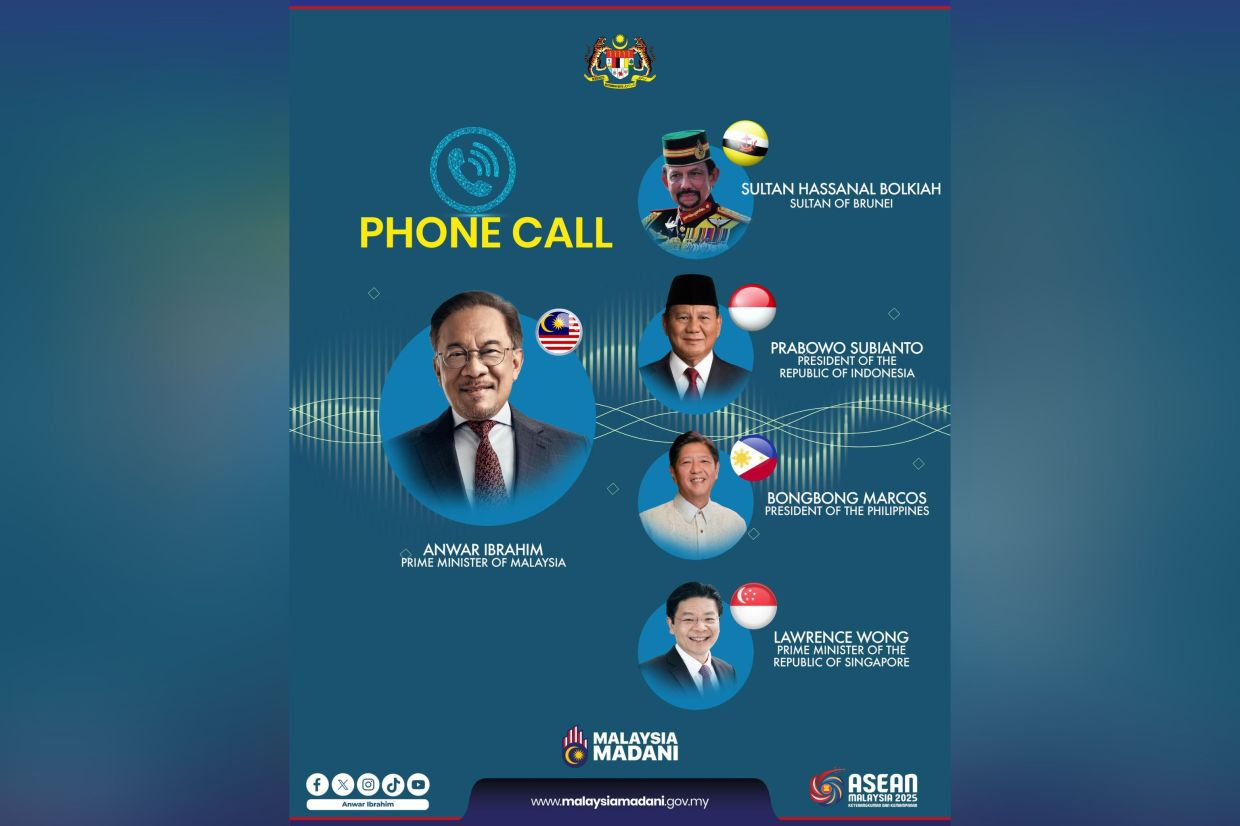
MCA secretary-general Datuk Chong Sin Woon(middle) and centrl committee leader Chan Quin Er (second from rightwith NGOs and lawyers after the Court of Appeal's ruling (23/11/2023). —AZHAR MAHFOF/The Star
PUTRAJAYA: The Court of Appeal has unanimously dismissed the appeals brought by four non-governmental organisations (NGOs) and ruled that vernacular schools and the use of Chinese and Tamil in those schools are constitutional.
A three-member panel comprising Justices Supang Lian, M. Gunalan and Azizul Azmi Adnan handed down the decision and affirmed the previous decisions meted by the Kuala Lumpur High Court and Kota Baru High Court on Thursday (Nov 23).
ALSO READ: Vernacular schools: Appeals court upholds constitutionality, dismisses appeals by NGOs
The four NGOs are Islamic Education Development Council (Mappim) and the Confederation of Malaysian Writers Association (Gapena), Ikatan Muslimin Malaysia (Isma) and Ikatan Guru-Guru Muslim Malaysia (I-Guru).
While delivering the ruling on behalf of the bench, Azizul Azmi said that vernacular or national type schools are not public authorities, and hence the use of Tamil or Chinese in these schools as a medium of instruction would not be prohibited or contrary to the Federal Constitution.
ALSO READ: Court of Appeal decision on vernacular schools should not be disputed, says MCA sec-gen
He said the bench is of the view that the use of Tamil or Chinese in national type schools as a medium of instruction is protected by Article 152 of the Federal Constitution.
He said the provision under Article 152(1)(b) has the effect of “grandfathering” the use of other languages at the time of the proclamation of Merdeka, due to the words “preserve and sustain”.
“Where it can be established that a language had been used immediately prior to Merdeka, nothing in Article 152 should be read as limiting the right of the government to preserve the use of the language and to take steps to sustain its continued use.”
He noted that it cannot be argued that the framers of the Constitution had intended for schools using a language other than Malay or English as a medium of instruction to be unlawful and contrary to the Constitution.
ALSO READ: Education Ministry welcomes Court of Appeal decision on vernacular schools
“If this were the case, such schools would have been shut down, abolished or converted upon the adoption of the Federal Constitution,” he said.
Justice Azizul Azmi made no order as to costs and directed that parties bear their own costs as the matters were in the public interest.
When met at the Palace of Justice after the court proceeding, lawyer Mohamed Haniff Khatri Abdulla, who represents Mappim and Gapena confirmed that an appeal will be filed against the Court of Appeal’s decision.
ALSO READ: NGOs will file appeal against vernacular school decision, says lawyer
According to Mohamed Haniff, details on the appeal will be finalised soon, as it has to obtain a leave to do so within 30 days from Thursday (Nov 23).
Mappim, Gapena, Isma and I-Guru were appealing against the decision of the Kuala Lumpur and Kota Baru High Courts that dismissed their suits in December 2021 and May 2022, respectively.
On Dec 29, 2021, Kuala Lumpur High Court Judge Mohd Nazlan Mohd Ghazali, now a Court of Appeal judge, dismissed the lawsuits brought by the Federation of Peninsular Malay Students (GPMS), Mappim, Gapena and Isma. GPMS did not file an appeal.
Mohd Nazlan ruled that the existence and establishment of vernacular schools and the use of Mandarin and Tamil languages at those schools were constitutional.
In May 29 last year, Kota Baru High Court Judicial Commissioner Abazafree Mohd Abbas, who is now a High Court judge, also ruled that the existence of vernacular schools was constitutional and dismissed the suit filed by I-Guru.
In the suit filed in December 2019, GPMS, Mappim, Gapena and Isma sued several parties including the government.
They included Chinese educationist groups Dong Zong and Jiao Zong, Persatuan Thamizhar Malaysia, and Persatuan Tamilar Thurunal (Perak).
I-Guru, meanwhile, sued the education minister and the government of Malaysia, seeking a declaration that Section 28 and Section 17 of the Education Act 1996 are inconsistent with Article 152 of the Federal Constitution and are therefore void and of no effect
The Malaysia Chinese Language Council, the Malaysia Tamil Neri Kalagam Association, the Confederation of Former Tamil School Pupils, MCA and the United Chinese School Committees Association of Malaysia (Dong Zong) were allowed to become interveners in the suit filed by I-Guru.






































